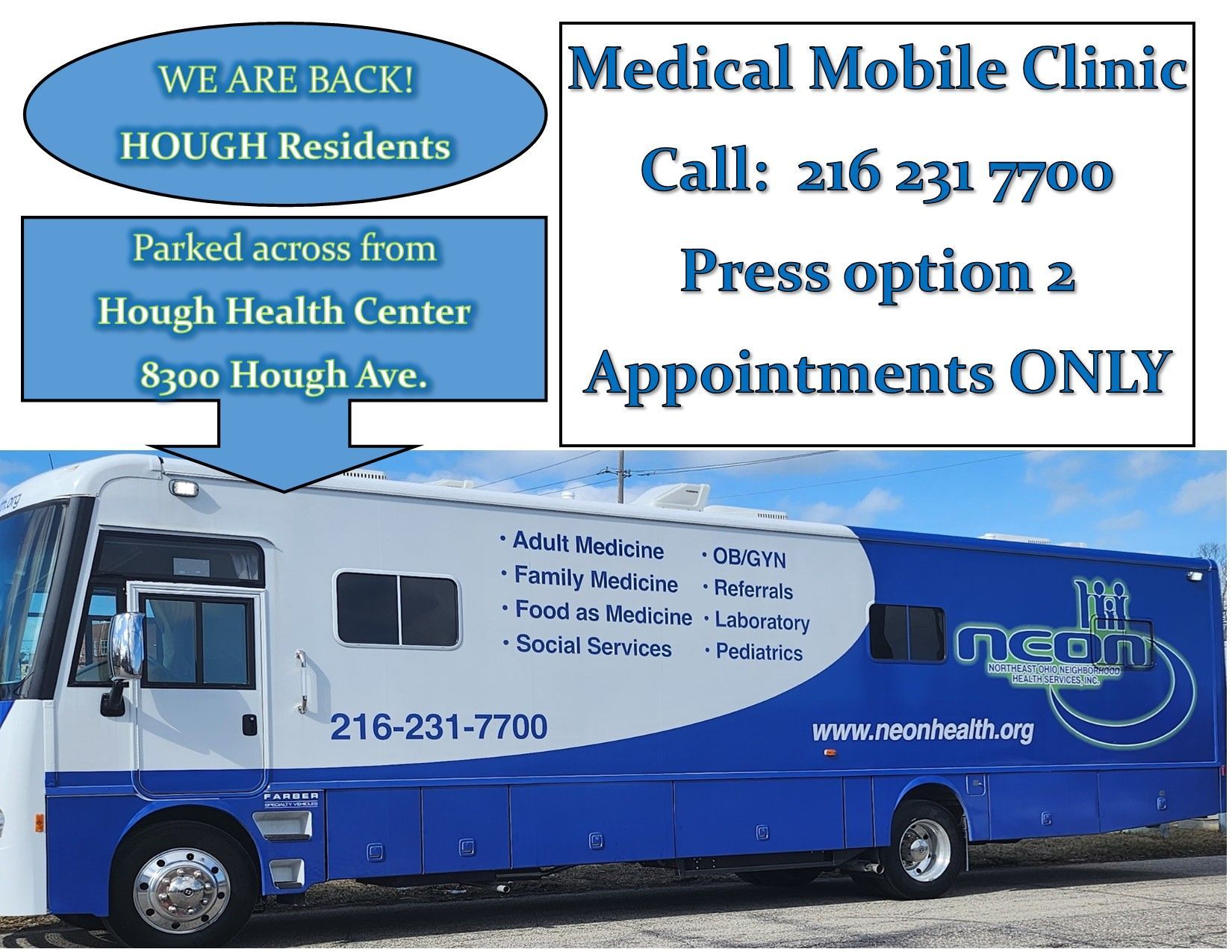FEVERISH CHILD? 5 SIGNS YOUR CHILD NEEDS MEDICAL ATTENTION

Childhood fevers are common and are generally not a cause for concern. For this reason, you do not always need to seek out medical attention for your child's fever. A fever is simply a sign that your child's body is fighting off an infection or illness as it should. Most fevers can be managed well with over-the-counter medications.
Some fevers, however, can alert you to the fact that your child needs to see a doctor. If your child has a fever or one of the following symptoms, then you should call your pediatrician.
1. High Temperature for Young Age
The older your child gets, the less you have to worry about low-grade fevers. However, even a low fever can be cause for alarm in a very young child. Use the following guide to determine whether or not your young child needs to see a doctor right away:
- Rectal temperature of 100.4 or higher in a child 3 months or younger
- 101 or higher in a child 3 to 6 months
- 103 or higher in a child older than 6 months
- 104 or higher in a child of any age
As you can see, low temperatures can be worrisome in infants but are less worrisome in toddlers. Always consider your child's age when determining whether a fever needs medical attention.
2. Fever Lasting Several Hours
If you're ever in doubt as to whether or not your child needs to see a doctor, call their pediatrician.
3. Presence of Vomiting or Diarrhea
If your child is mildly sick and still able to keep fluids down, consult your doctor to see if they should be seen.
4. Signs of Dehydration
Once you notice these symptoms, you should offer your child a special oral rehydration solution to replenish the fluids your child needs. If your child is vomiting or has diarrhea, then they may need medical attention as they might not be able to keep the fluids they need down.
5. Presence of Worrisome Symptoms
When your children are sick and not acting like themselves, tune into your parental intuition. If you feel something is wrong, do not put off getting medical care.
Do not hesitate to seek medical attention for your child if they have a high fever or a fever accompanied by other worrisome symptoms. If your child needs to see a doctor, call Northeast Ohio Neighborhood Health Services to make an appointment.





